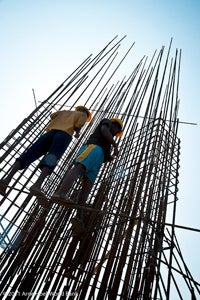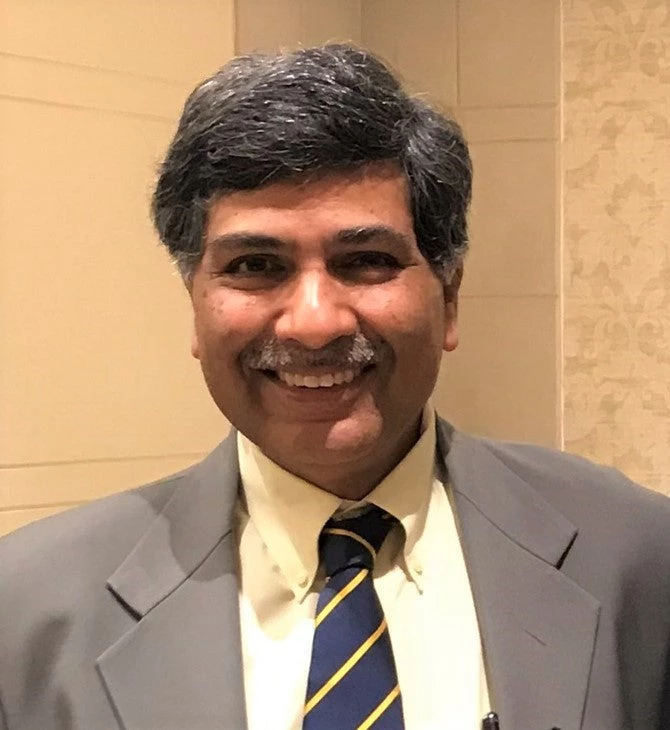 We launched South Asia’s first regional report, ‘More and Better Jobs in South Asia’ in a series of events in Dhaka early last week.
We launched South Asia’s first regional report, ‘More and Better Jobs in South Asia’ in a series of events in Dhaka early last week.
Through events including a seminar with youth at the University of Dhaka, a formal report launch the next day, a TV interview with the South Asia Chief Economist, Kalpana Kochchar, and an op-ed in the leading English language newspaper, the report helped generate discussion on core economic challenges facing Bangladesh, as job creation are highly correlated with the challenges of faster growth.
Bangladesh, along with other South Asian countries, has seen steady job growth and a substantial decrease in poverty over the past three decades. The country has added nearly 1.2 million new jobs every year over the last ten years, and this has been accompanied by increasing real wages and declining poverty amongst all categories of workers. This performance will have to be improved in the future, owing to Bangladesh's early progress in its demographic transition. With substantial reductions in infant and child mortality following a significant decline in fertility rates, Bangladesh's working age population is growing more rapidly than its young and old dependents. In turn, this can be attributed to Bangladesh’s success in nurturing the desire for smaller families, through its reproductive health program as well as its emphasis on girls’ education.
The demographic dividend is both a challenge and an opportunity, as Bangladesh will need to create up to 1.5 million new and better quality jobs each year for the next twenty years for its young and increasingly skilled workforce. At the same time, the low dependency ratio potentially frees up resources for high-priority investments in infrastructure, and early childhood development and skills--as the dividend that will last only a few decades.
We discussed these ideas at that launch organized in partnership with the think tank organization Policy Research Institute. In addition to over 100 participants from various fields, we received many comments as well as suggestions for future research on the theme of the report. The Central Bank Governor, Dr. Atiur Rahman called the audience to make the most of the next ten years, when the demographic dividend will have the biggest payoff:
”The next ten years is the best opportunity for us when we have to drastically cut poverty in Bangladesh. So how can this happen?"
The Governor also encouraged the World Bank to support initiatives that bring the Government and the private sector together for regular dialogue and share cross-country knowledge on a regular basis.
Student Participation
While the quantity as well as quality of jobs has increased and improved respectively, there has been little upward mobility among the self-employed, casual laborers and regular wage or salaried earners. Education remains the key to labor mobility.
To reach out to the youth who will soon join the job market, a seminar was arranged with the Department of Economics of Dhaka University. In order to bolster the demographic dividend, the government should encourage more and better jobs for the new entrants into the labor force, all of whom are young people. Around 120 students from universities around the country participated. They were very keen to learn about the World Bank's activities that are helping to create more and better jobs in Bangladesh. These included support for skills development, encouraging private investment through support for investment climate reforms thereby creating demand for jobs, and conducting high-quality analytical work to support the growth and jobs agenda. We were impressed by the articulate thoughts of the students who propelled the discussion by asking pertinent questions while sharing their insights. Dr. Abul Barakat, Chairman of the Economics Department of the University of Dhaka described up the workshop as, "a great experience in knowledge sharing."
More and better jobs seems to have struck a chord within Bangladeshi society. We will be doing more knowledge-sharing events in the coming months.



Join the Conversation